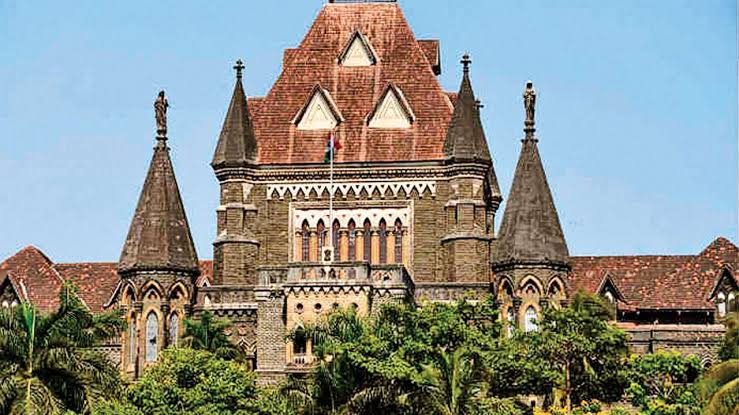Vidushi Vats
A recent petition, submitted by Faaiz Anwar Qureshi, a cine worker and artist, advocated for a complete ban on Indian entities engaging with Pakistani artists.
The Bombay High Court has firmly rejected this petition, affirming that true patriotism transcends hostility towards foreigners. The court emphasized that fostering cultural unity and peace takes precedence over nationalistic sentiments, asserting that art and culture are universal and know no borders.
The court stressed that being a patriot doesn’t necessitate animosity towards those from other countries, especially neighboring ones. It contended that a person with a kind heart would welcome any activity that promotes peace and harmony within the nation and beyond its borders.
On October 17, a division bench comprising Justices Sunil Shukre and Firdosh Pooniwalla dismissed the petition.
The petition urged the Union government to impose a total ban on Indian citizens, companies, firms, and associations from collaborating with Pakistani artists, encompassing cine workers, singers, musicians, lyricists, and technicians.
The court rebuffed the petition, deeming its proposed reliefs counterproductive to promoting cultural harmony, unity, and peace, and lacking in merit.
“One must understand that in order to be a patriot, one need not be inimical to those from abroad especially, from the neighbouring country,” the court said.
The court maintained that a genuine patriot is selfless and devoted to their country’s cause, emphasizing that this dedication emanates from a kind-hearted nature. Such a person, it asserted, would welcome activities that foster peace, harmony, and tranquility, both domestically and internationally.
The bench emphasized that arts, music, sports, culture, and dance transcend nationality, culture, and borders, and are instrumental in cultivating peace, unity, and harmony within and between nations.
The court highlighted the positive steps taken by the Government of India in facilitating the participation of the Pakistani cricket team in the World Cup held in India, in line with Article 51 of the Indian Constitution, which advocates for the promotion of international peace and security.
The petitioner additionally sought directives like restricting visas for Pakistani artists and imposing penalties for non-compliance.
Qureshi, in his plea, expressed concern that the ongoing presence of the Pakistan cricket team in India for the World Cup might lead to invitations for Pakistani singers and artists, potentially jeopardizing opportunities for Indian artists.
However, the bench dismissed these apprehensions, asserting that they lacked merit and reflected an erroneous understanding of patriotism. It also clarified that courts cannot issue orders directing the government to formulate laws or policies.


